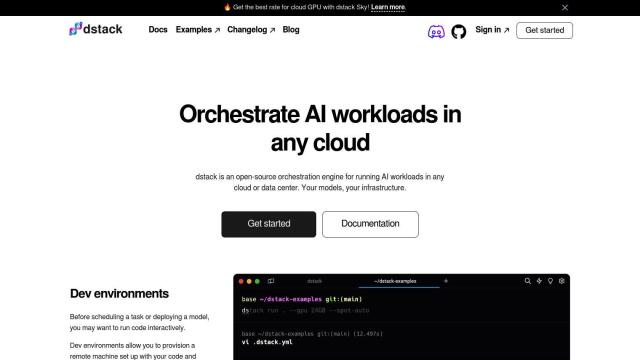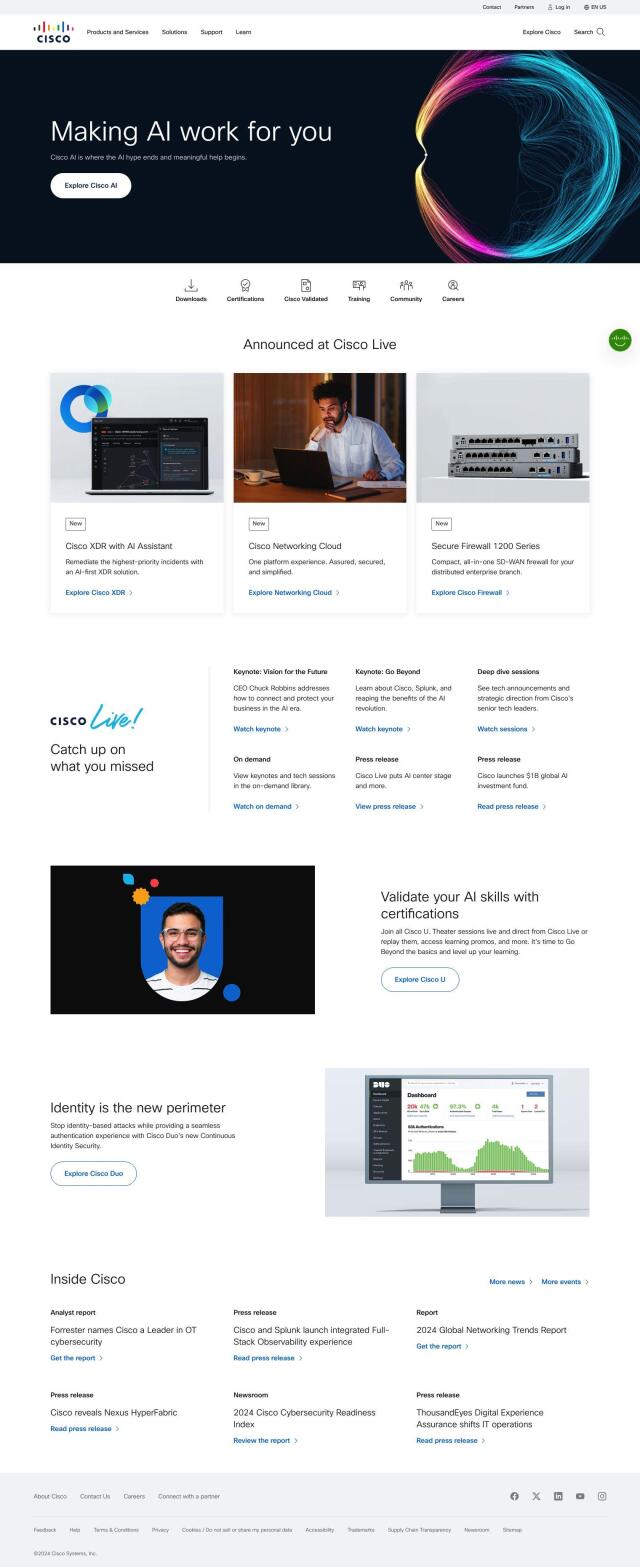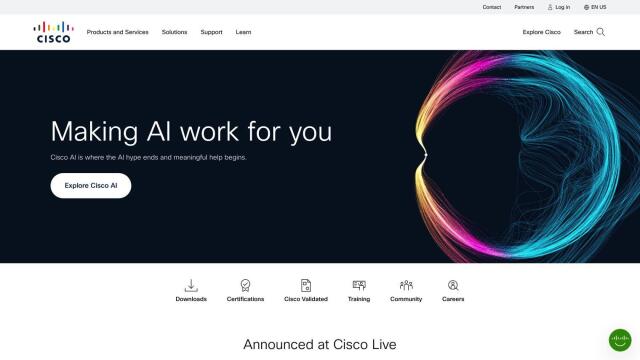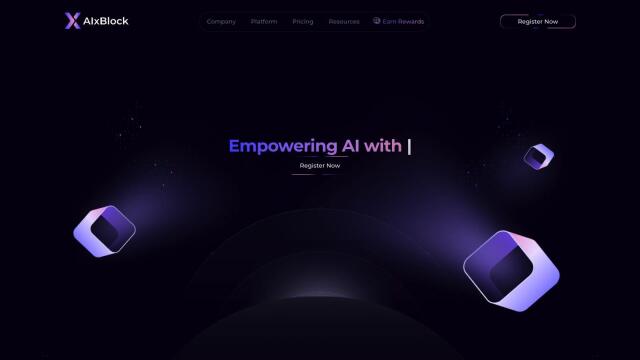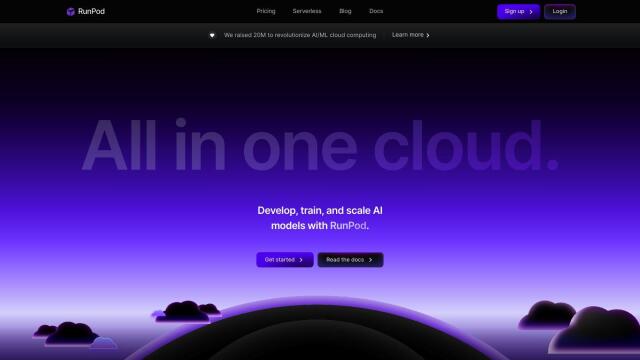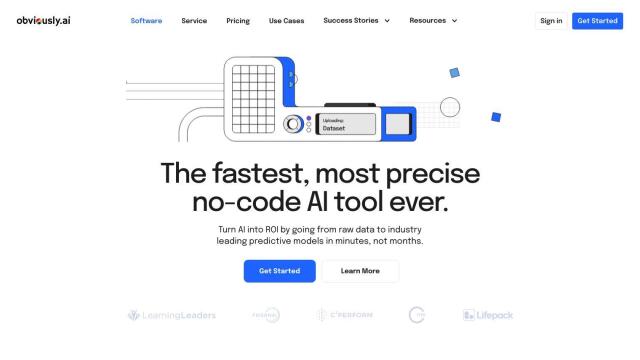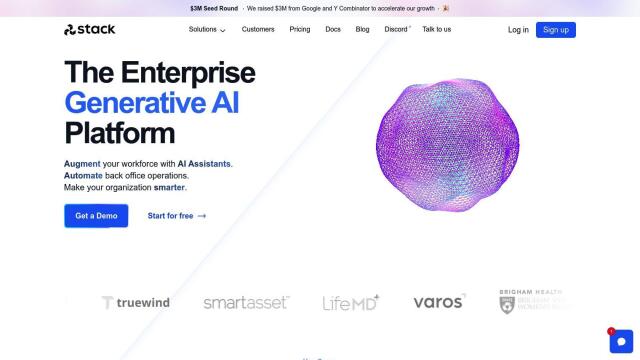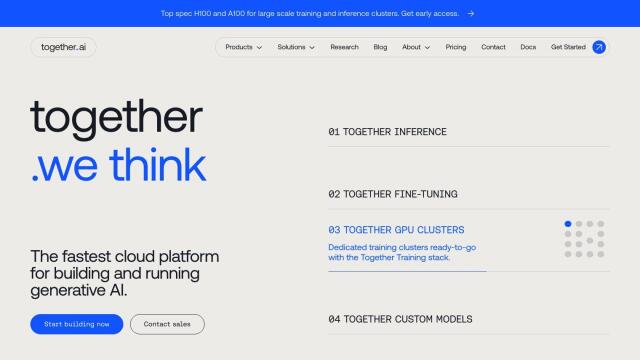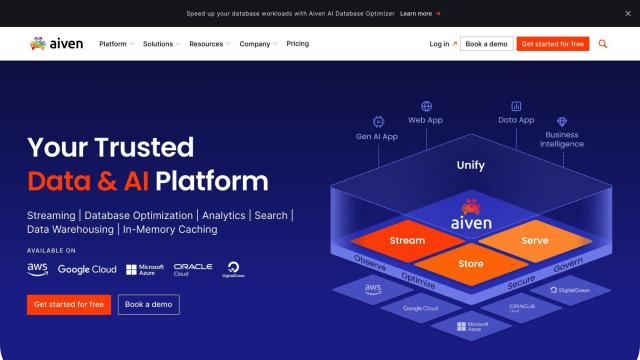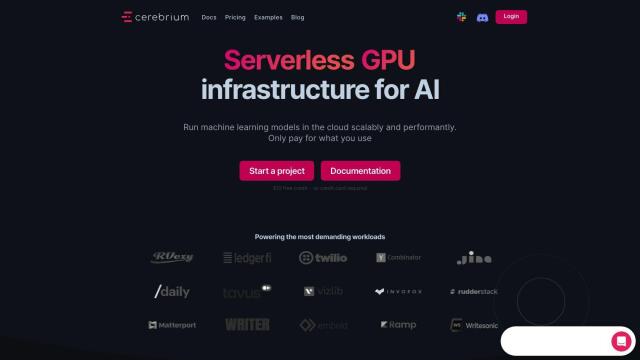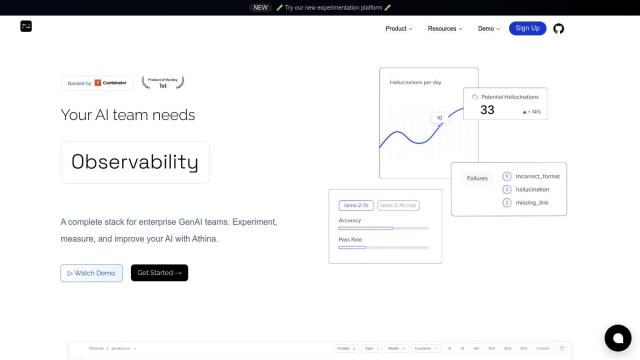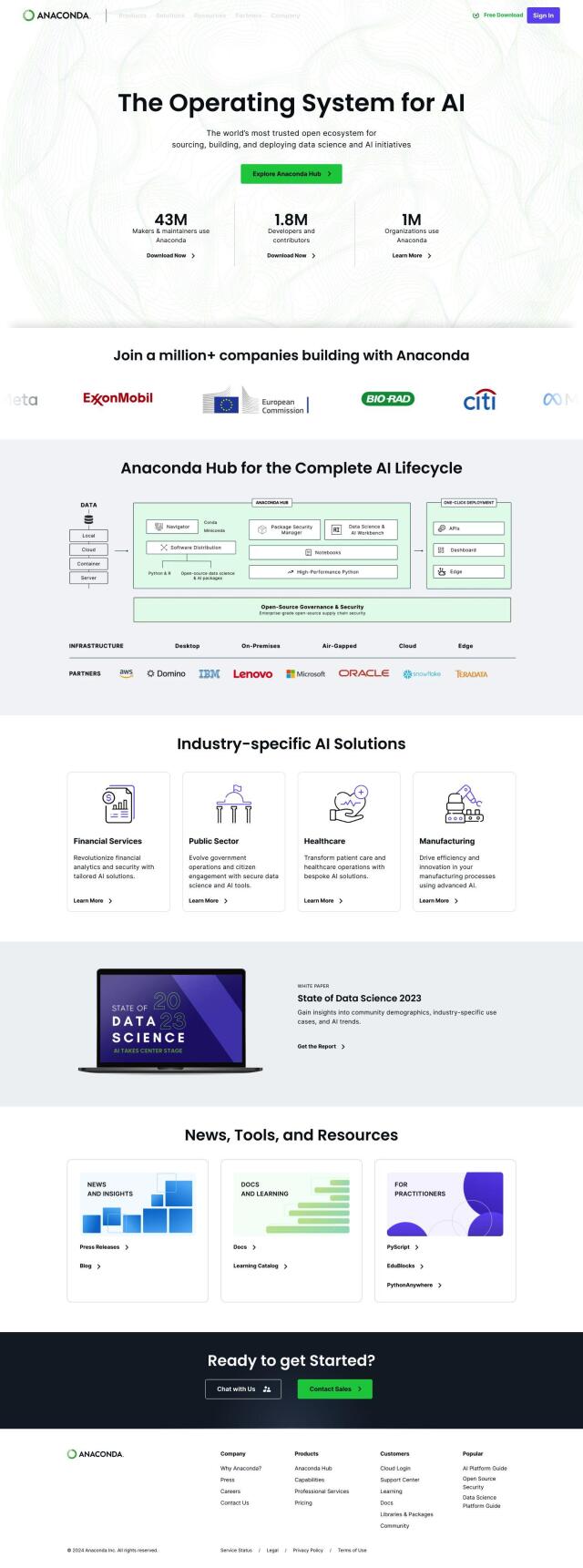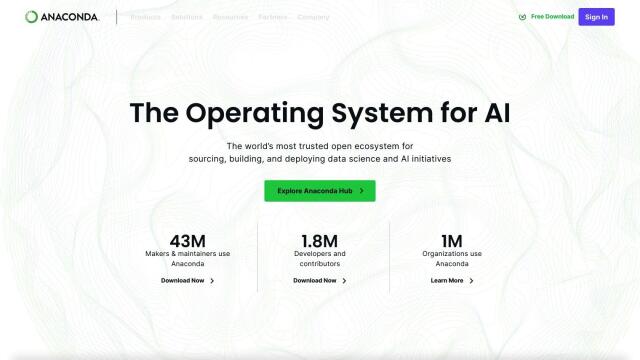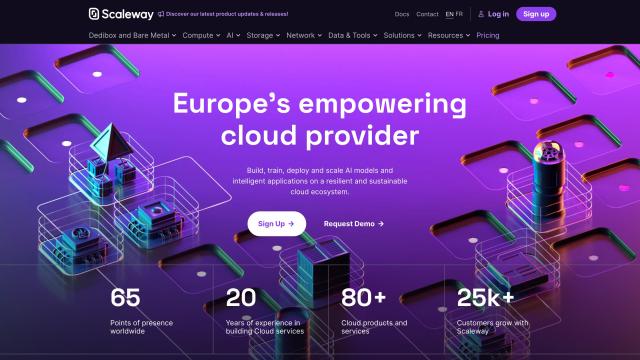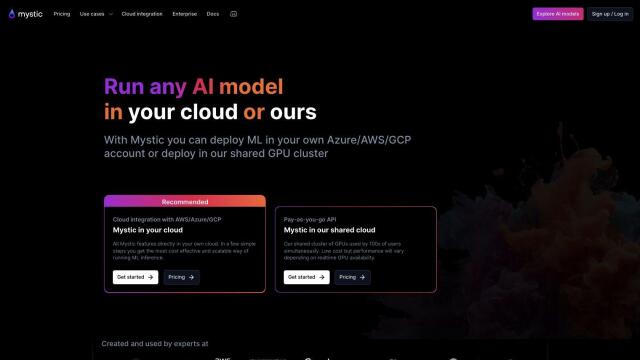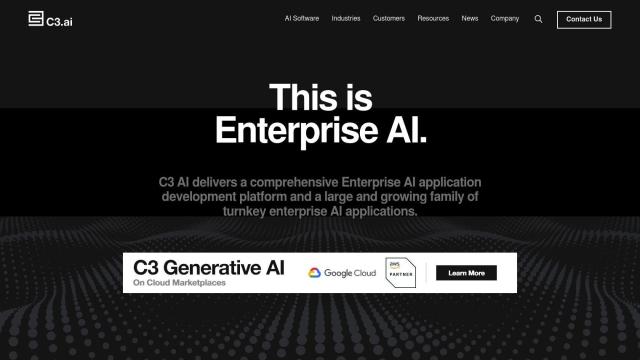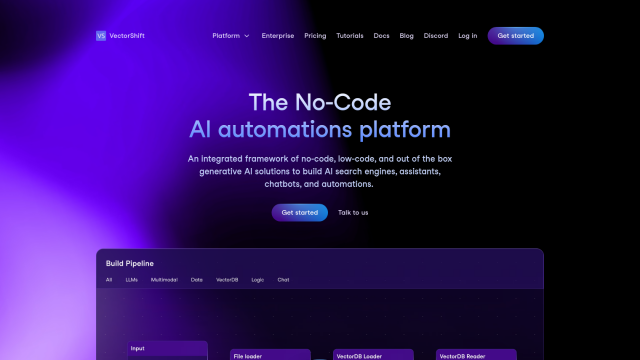

Anyscale
If you're looking for another dstack alternative, Anyscale is a top choice. It's a full-stack platform for developing, deploying and scaling AI applications, with features like workload scheduling, intelligent instance management and heterogeneous node control. Built on the open-source Ray framework, Anyscale supports a variety of AI models and can cut costs by up to 50% with spot instances. It integrates with popular IDEs and includes persisted storage and Git integration for efficient workflows.

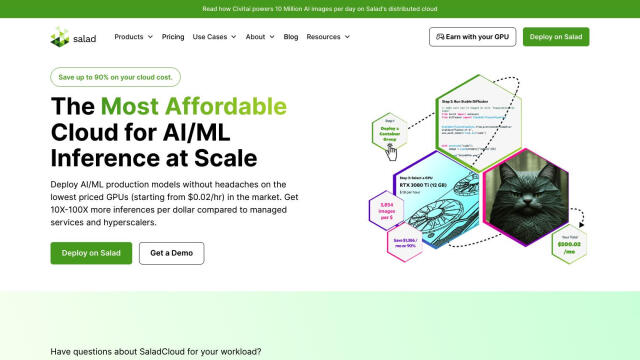
Salad
Another option worth considering is Salad, a cloud-based platform for deploying and managing AI/ML production models at scale. Salad is a cost-effective option with features like scalability, a global edge network and on-demand elasticity. It supports a range of GPU-hungry workloads and offers multi-cloud support with SOC2 certification for security and reliability. The platform is also very inexpensive, with prices starting at $0.02 per hour for GTX 1650 GPUs.

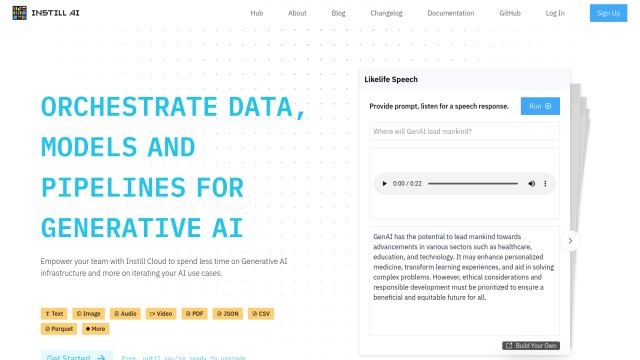
Instill
If you're looking for a no-code/low-code solution, Instill is a great option. It abstracts away data, models and pipelines for generative AI, so teams can focus on iterating AI use cases instead of infrastructure. Instill offers features like speech responses, webpage summarization and visual assistance, and its drag-and-drop interface makes it easy to create custom pipelines. The platform can incorporate open-source components and offers tiered pricing options for different needs.

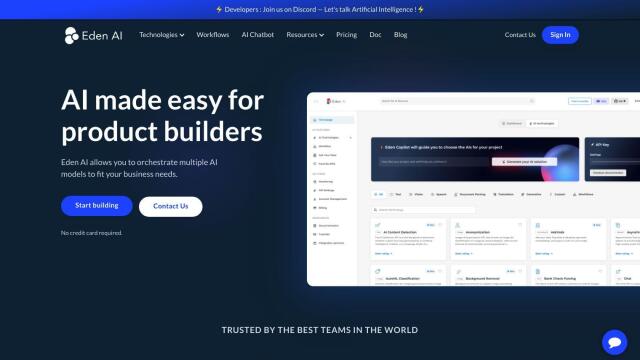
Eden AI
Last, Eden AI is a single interface to a range of AI services, letting you easily move from one provider to another without being tied to a single vendor. Eden AI supports generative AI, translation, text analysis and more, with a pay-as-you-go pricing model to help businesses keep costs down while maintaining performance. This is a good option for businesses that want to streamline operations and democratize the use of AI and machine learning.

